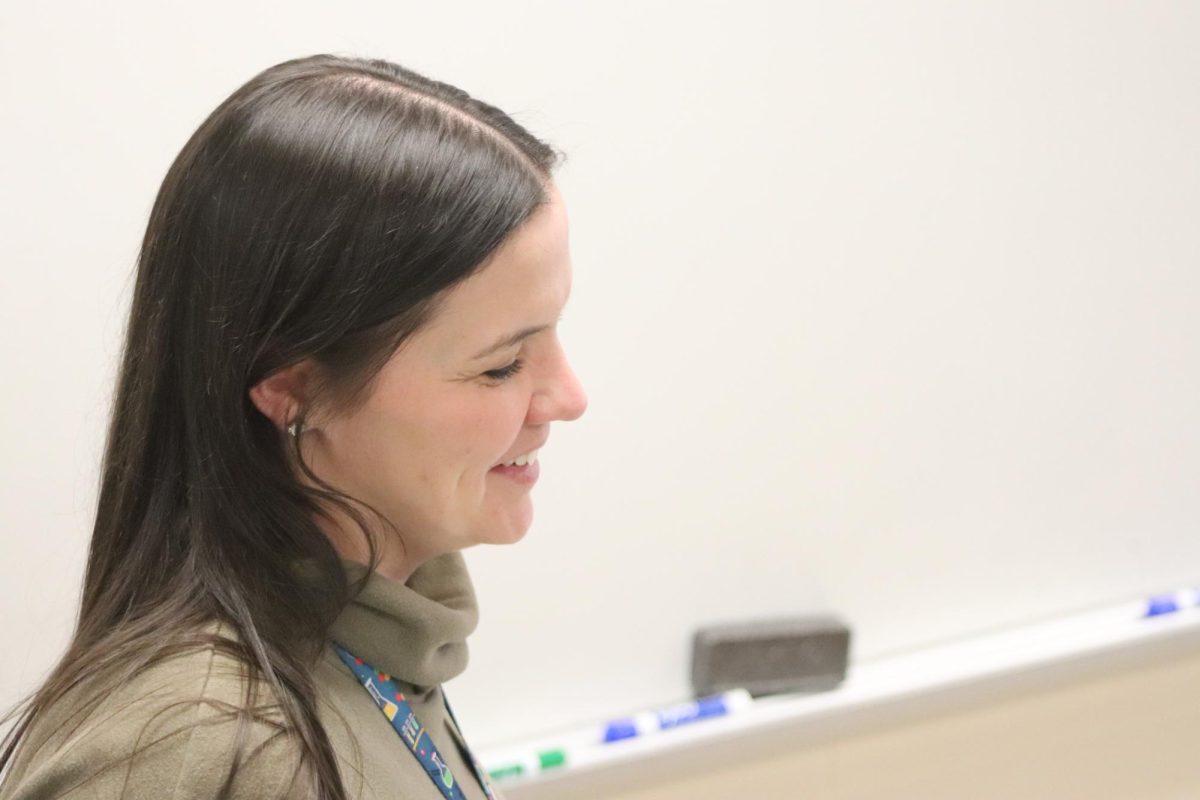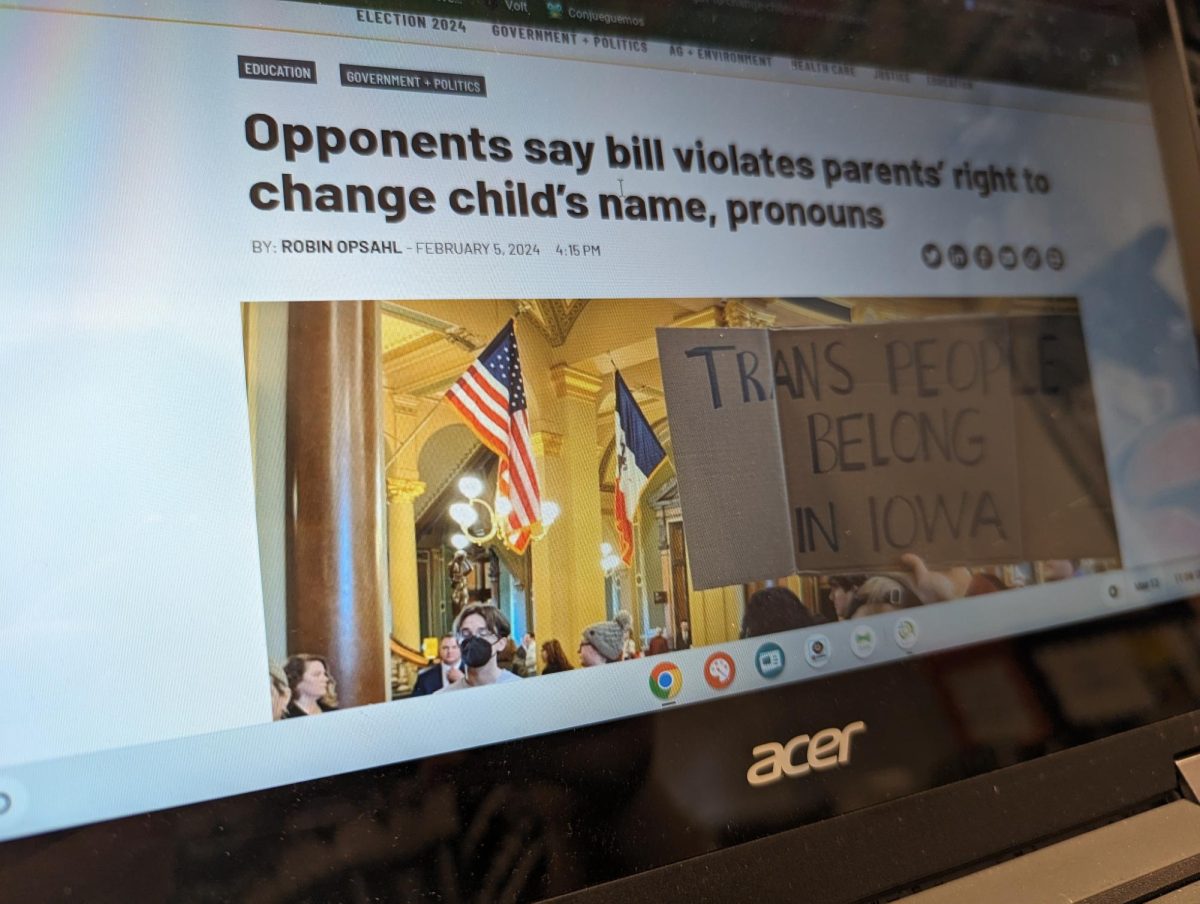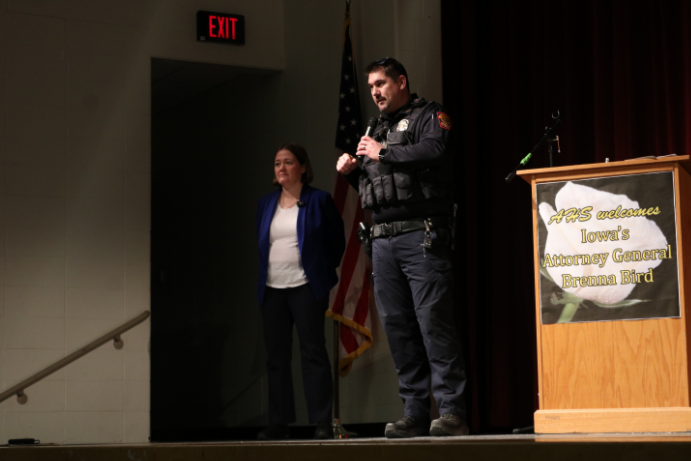By Monica Brewer, Tori Phippen, and Madison Helvie
It happens in schools across the country every day. It starts with harsh words, but it ends with hurt feelings. What’s the topic at hand that’s got some students, parents and teachers at arms? The word “retard.”
The R-word.org is a website invented to encourage people to stop using the R-word. On R-word.org people share their stories about their conflicts they have encountered with the word. You can pledge in the site to not using the “R-word.” The site also offers a way to tweet a message with a hashtag involving a phrase to end it. The tweet is “I pledge #Respect thru my words & actions. Will you?”
According to the Federal Register, on Jan. 28, 2013, the Social Security Administration replaced the term “mental retardation” with “intellectual disability” to describe mental disorders in adults and children. According to the site, “This change reflects the widespread adoption of the term ‘intellectual disability’ by Congress, government agencies, and various public and private organizations.”
Students that have learning disabilities may need more help from the teachers than other students. Currently, there are about 2.4 million U.S. students who have learning disabilities. Learning disabilities affect how students communicate to others, how they interpret information, or how they read. Many children with mild intellectual disabilities are not identified until they enter school and sometimes not until the second or third grade, when more difficult academic work is required. Many students with mild intellectual disabilities master academic skills and are able to learn job skills well enough to support themselves independently or semi-independently.
A child may develop mild intellectual disabilities for many reasons. For example, there may be a problem with the baby’s genes, which are in every cell and determine how the body will develop. There may a problem during the pregnancy, such as the mom might get an illness or infection that can harm the baby. Taking certain medicines while pregnant can also cause problems for the baby. Drinking alcohol or taking illegal drugs can also damage a baby’s developing brain. If the baby doesn’t get enough oxygen, or if the baby is born too early, intellectual disability is a possible result. This is also true if the baby gets a serious brain infection or a serious head injury.
A great hero to recognize for having a learning disability is Albert Einstein. When he was young, he had a hard time talking and couldn’t read until the age of nine. Due to his late blooming, his teachers at one time called him “mentally deficient.” When he was an incoming college student, due to his disabilities, he couldn’t pass an important exam. He pushed past his disability to persevere and become the great physicist that he’s known as today.
For more information, check out these sites:
http://www.ncld.org/types-learning-disabilities/what-is-ld/learning-disability-fast-facts
http://www.education.com/reference/article/advantages-disadvantages-labeling/
http://healthresearchfunding.org/famous-people-intellectual-disabilities/
Tweet “I pledge #Respect thru my words & actions. Will you?” To show your support









